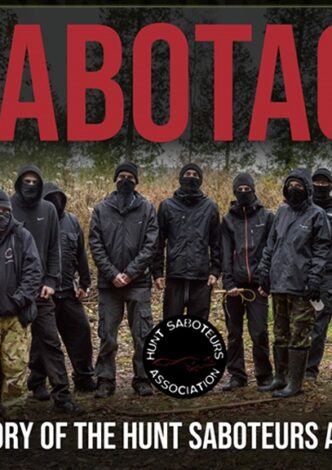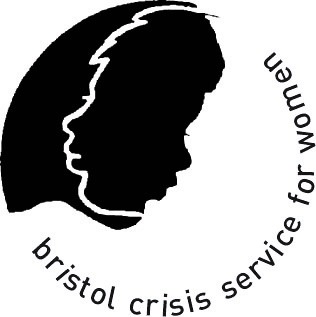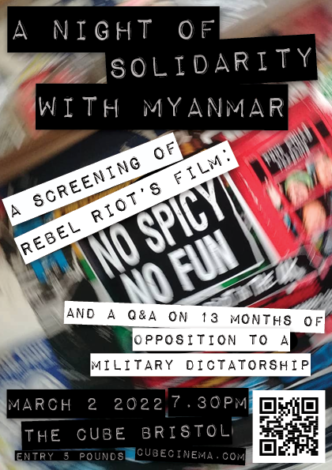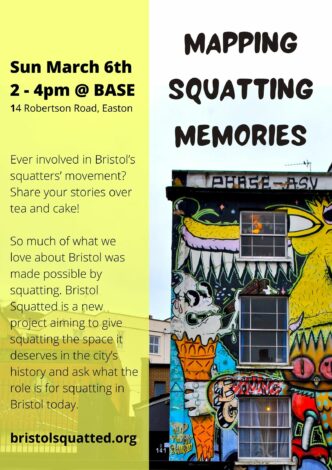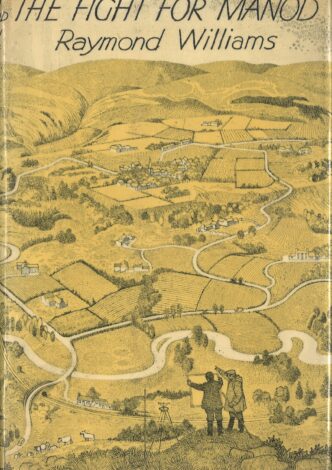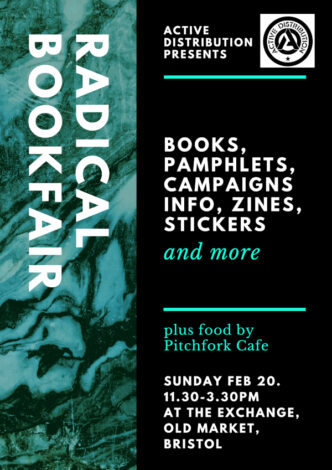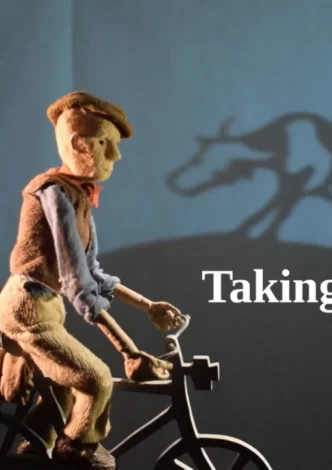Sabotage
The Story of the Hunt Saboteurs Association
By Dazza Scott
Book Review: Dazza Scott, Sabotage: The Story of the Hunt Saboteurs Association (Hunt Saboteurs Association, 2021). In 2023 the Hunt Saboteurs Association will mark its 60th anniversary. Sabotage shows that it has plenty to celebrate. For all the horrors, joys, tears, and moments of farce brought to life in this book, the hold of bloodsports is much diminished since the organisation was founded in 1963. There is a long tradition of opposition to fox hunting and other cruel sports, an expression […]


